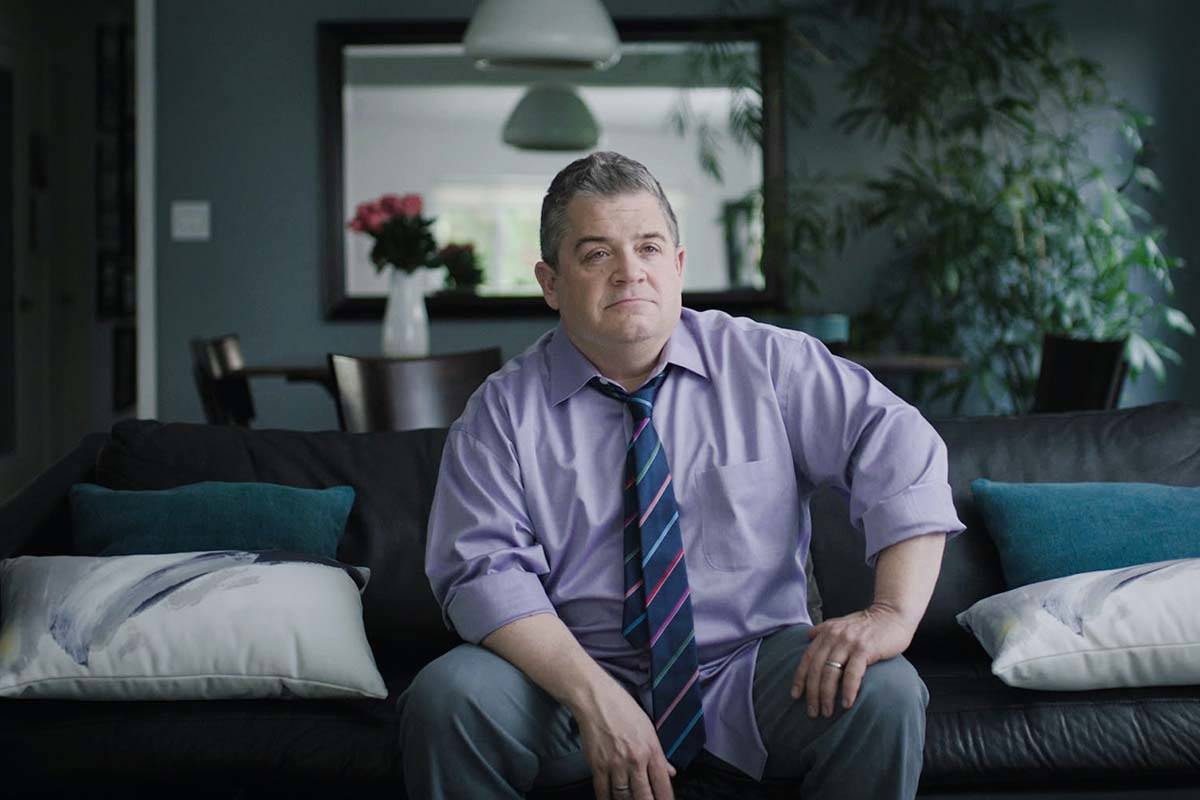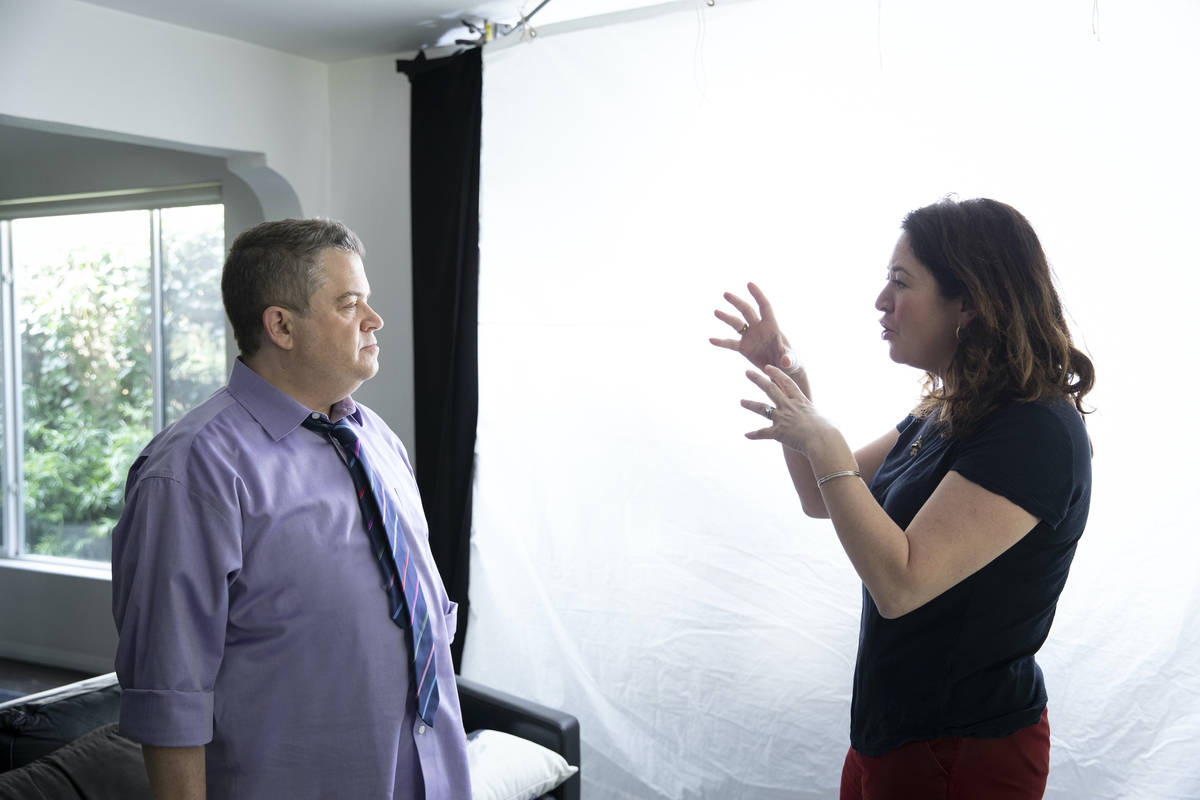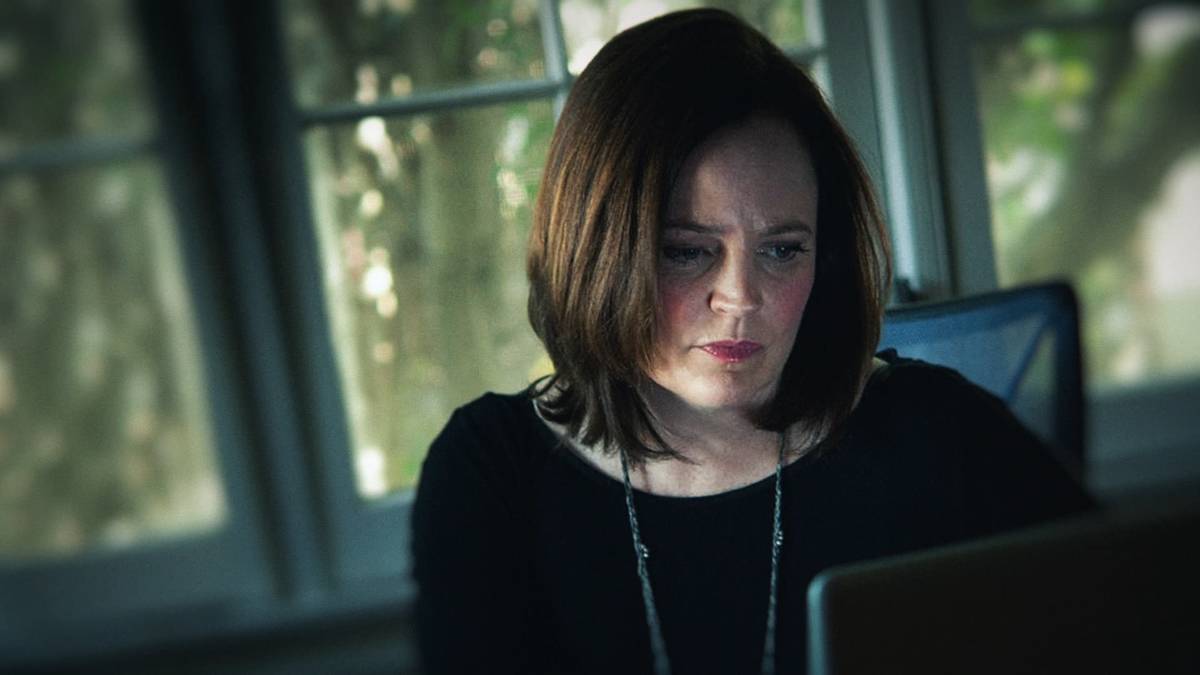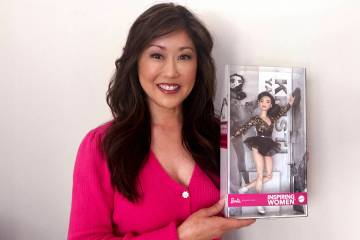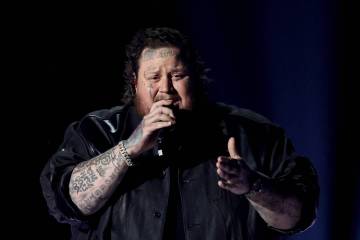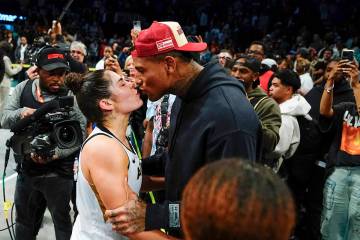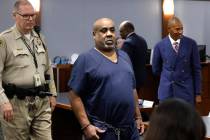To Patton Oswalt, series on Golden State Killer was unfinished business
Patton Oswalt’s voice is low. It’s hard to talk about his late wife, Michelle McNamara, but he’s here today because of her life’s work.
“It’s so important to get it done. … You don’t want to leave big things like this incomplete in your life. It felt like it would haunt me forever — and it would haunt my daughter, Alice,” says the comic and actor who was a driving force behind the new, six-part, HBO crime docuseries “I’ll Be Gone in the Dark.”
The series honors late author and crime sleuth McNamara. Her “True Crime Diary” blog inspired the book “I’ll Be Gone in the Dark,” which was published after McNamara’s death in 2016 at age 46.
Produced and directed by Liz Garbus, and executive produced by Oswalt, the episodes revolve around the case of the Golden State Killer, who raped 50 and killed dozens during the ’70s and ’80s. McNamara’s personal story with Oswalt and her passion to identify the killer also are chronicled.
Months after McNamara’s death, former police officer Joseph James DeAngelo Jr., 72, was tracked down and arrested through DNA testing. DeAngelo on June 29 pleaded guilty to 13 counts of first-degree murder. The Review-Journal spoke with Oswalt days before the plea.
Review-Journal: What would Michelle have thought about what has transpired after her death?
Patton Oswalt: I always want to jump in and answer by saying, ‘Oh, she would have thought … .’ But that’s really not fair. Michelle was very complex, and her answers were always surprising. I can’t really predict what she would have thought. I know that I hope whatever is handed down feels like justice to the survivors and the victims.
How did you deal with Michelle’s zeal to solve this case?
You’re in love with someone and when they’re energized about something, you are, too. You get into the things they get into. You see them delighted and you get delighted. This was such an interesting and devastating case that has taken place over such a long time with so much evidence.
Was it hard for you to work on this documentary?
It was pretty tough. I’ve only watched four of the six episodes. Five and six got to be too much for me. It hit too close to home.
How did you deal with the grief of losing your wife?
They say you’re not done with grief until grief is done with you. And I’ve found that grief does let you know when it is done with you. I’ve found there is no choice but to go through it and accept that there is a loss of control. You can’t control another’s grief either because it is their own thing. Sadly, whatever advice people give you on this topic rarely helps. I think you just have to wake up every morning and go to sleep every night. You get those days behind you.
How is your daughter, Alice, and do you hope she discovers her mother’s work someday?
She’s good. Really well. She’s 11 now. I don’t want to predict how she will feel about her mother’s work. I just want her to figure it out later on.
You fell in love again and married actress Meredith Salenger.
Meredith and I started talking on Facebook. I missed engaging with someone who was so smart. So we talked for months and fell in love. I believe if you feel love, you should run at it or run toward it. She’s a poem of a woman.
How are all of you getting through the pandemic?
Day to day. … There has been some home schooling involved, although I’m terrible at the math. Right now, we’re just trying to give Alice a fun summer. Don’t ask us what we cook. We’re terrible. We have stuff delivered.
Any plans for when all the restrictions are lifted?
Right now, I’m home doing some writing. I do want to go back on the road when this is over. My Netflix comedy special (“I Love Everything”) was a rebuke to grief. It was a resurgence of my life force. When you laugh, you don’t let grief win. Laughing means living a joyful life.



